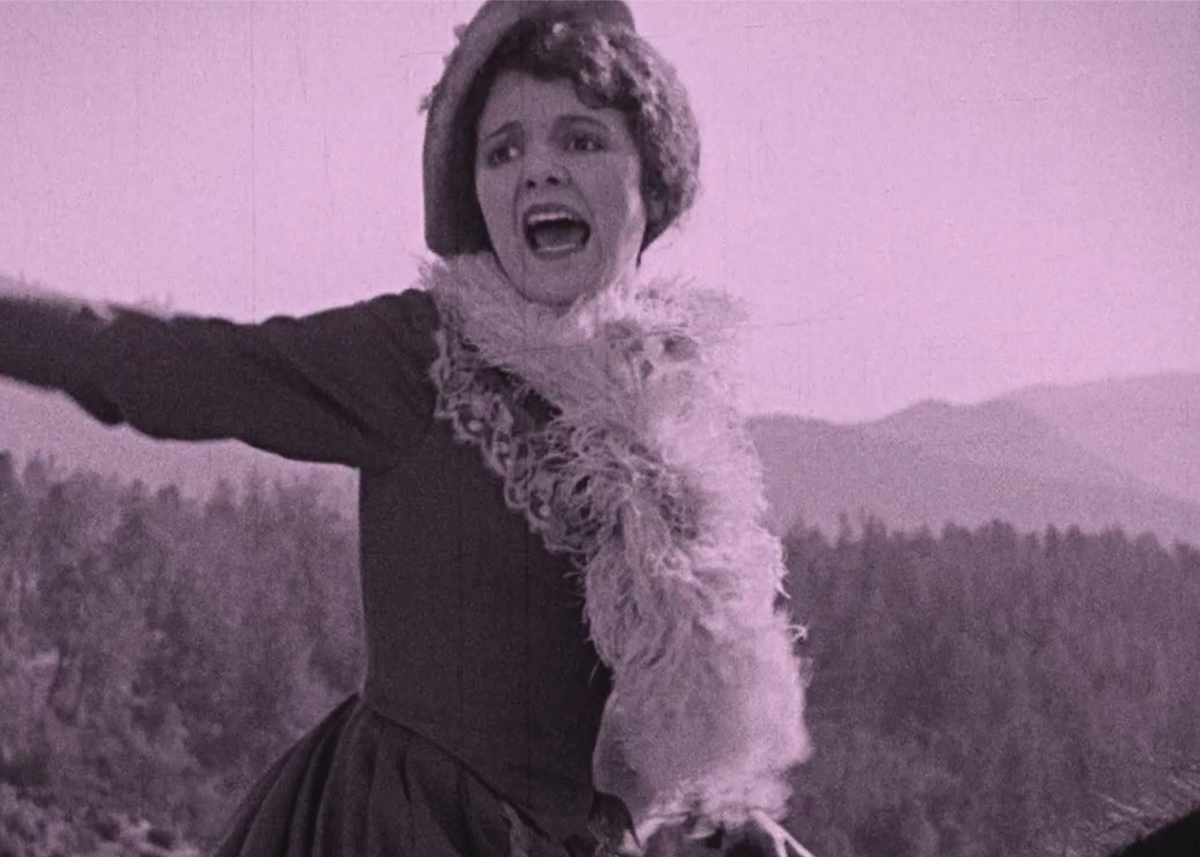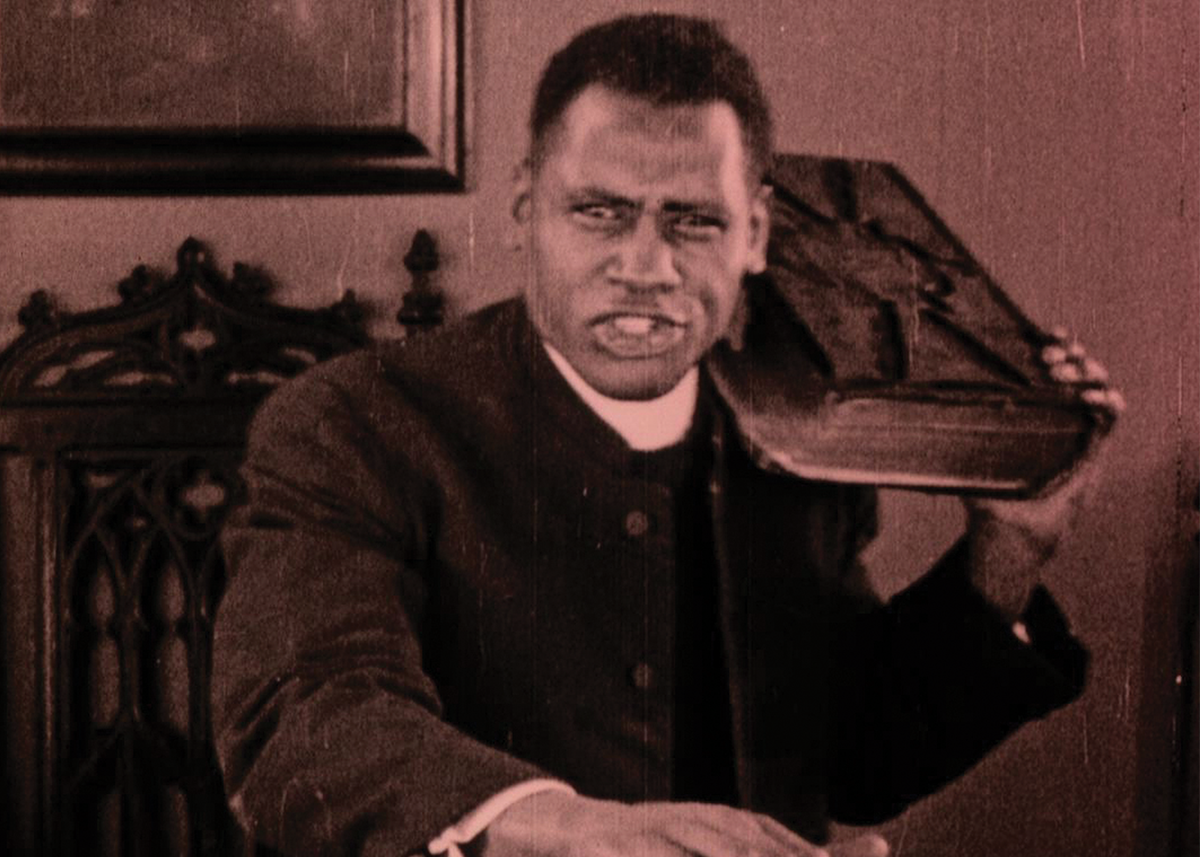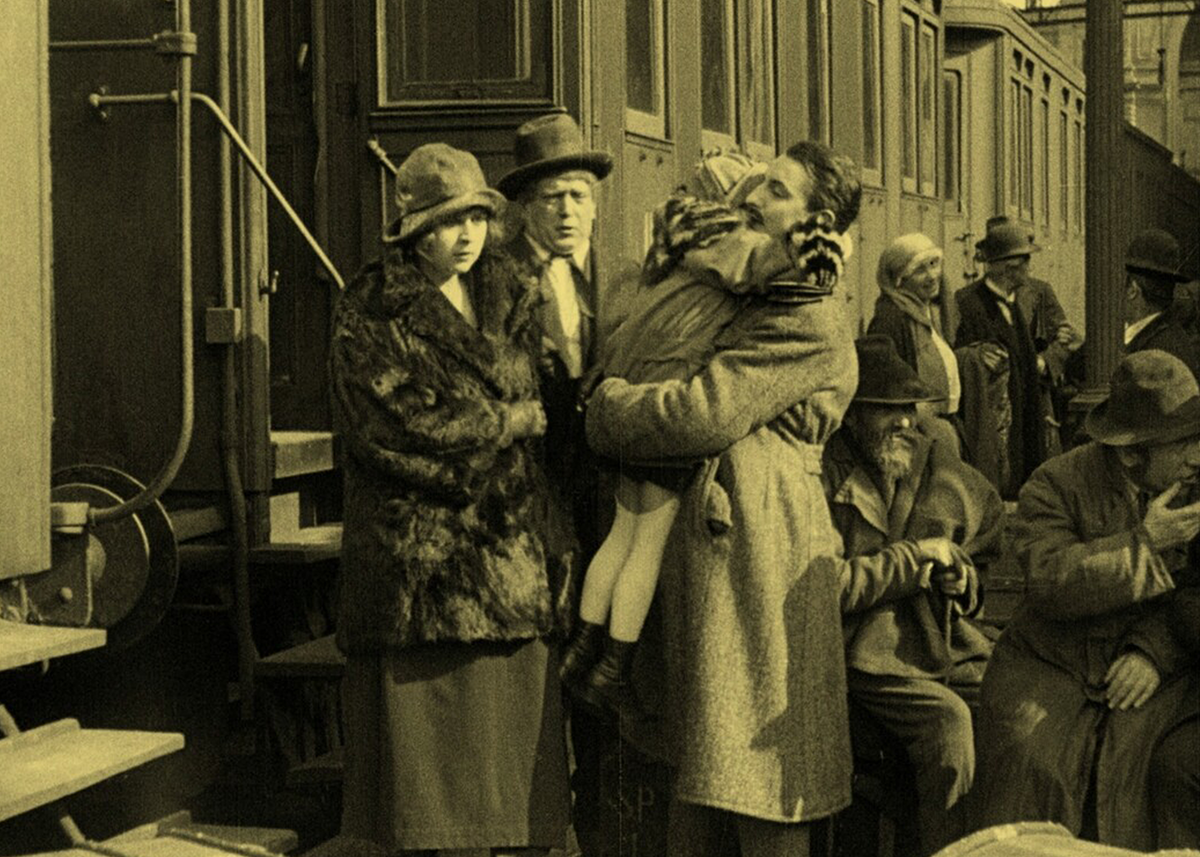
Denver Silent Film Festival

Audio By Carbonatix
The Denver Silent Film Festival is celebrating its tenth season this weekend, bringing a selection of flickering masterpieces to the Sie FilmCenter from Friday, September 22, through Sunday, September 24. Founded in 2010, DSFF received a new lease on life post-pandemic by partnering with cinema-supporting nonprofit Denver Film, returning in 2022 after a two-year hiatus. As in years past, it’s a thoughtful and expansive love letter to the days before sound, though it’s hardly silent: The films are presented as originally intended, with live scores from an array of accomplished performers, including the Mont Alto Motion Picture Orchestra, Hank Troy and Donald Sosin.
And it wouldn’t be the Silent Film Festival without the presence of creator, programmer and host Howie Movshovitz, longtime voice of all things film in Colorado. As a passionate champion of the art form, he’s always had high aspirations for the pre-sound showcase.
“I’ve kept in mind the Telluride Film Festival and the San Francisco Silent Film Festival,” he says, “because they’re both impeccably run, and I’ve always wanted our festival to be impeccably run. And I think we have done that. We were independent until last year, [when we were] absorbed into Denver Film.”
It’s been a happy merger, providing Movshovitz with conscientious and like-minded collaborators to pull off a film festival’s heavy lifting. “They get how well we’ve always liked to do things,” he says. “And I still program the festival, and I’ll introduce films and stuff like that, but they’re doing the labor.”
For the tenth edition, Movshovitz has packed another rich selection for movie lovers into the weekend, with rarely seen and rediscovered films and directors screening alongside festival favorites that feature Buster Keaton. It’s also a year focused on DSFF’s own in-house luminaries, with its annual David Shepard Career Achievement Award for outstanding contributions to silent film going to Rodney Sauer and Hank Troy. The two musicians have a long and distinguished association with both the festival and the larger silent-film world as accompanists.

Paul Robeson in Body and Soul, by Oscar Micheaux.
Denver Silent Film Festival
Jazz pianist Troy was the musical director for the first 25 years of the Telluride Film Festival and helped start Boulder’s Chautauqua film series in 1985; he first tickled the keys for a silent film in 1971 at the Denver Folklore Center. Fellow award recipient and multi-instrumentalist Sauer is the leader of the world-renowned Mont Alto Motion Picture Orchestra, which specializes in silent film accompaniment and has opened every year of DSFF. Sauer is also a film composer, including for The Johnstown Flood, which screens Saturday, September 23.
Sauer and Troy will receive their award before the opening-night film, Lady Windermere’s Fan (7 p.m., Friday, September 22), a 1925 adaptation of Oscar Wilde’s Victorian satire of love and marriage from director Ernst Lubitsch. Lady Windermere will play with accompaniment from the Mont Alto Orchestra.
“I have a particular love for Ernst Lubitsch,” says Movshovitz. “Like many of his films, it’s about marital discord in various ways, with suspicions and jealousies. And sometimes [Lubitsch] does it with a full-throated comedy. This is a little tougher; there’s less overt comedy in this and more subtle drama. It’s a nice film to start with.”
Following the Lubitsch opener is a full Saturday of classic programming, starting at 10 a.m. with the 1917 crime epic The Narrow Trail. Other highlights include early John Ford drama Upstream (12:10 p.m.), long considered lost, with accompaniment by pianist Sosin and vocalist Joanna Seaton, and the recently restored The Johnstown Flood (4:30 p.m.), with Sauer performing his new score. The unquestionable standout of the day, however, is the program of shorts by French cinema innovator Alice Guy, which screen at 2:15 p.m.

A still from 1924’s The City Without Jews.
Denver Silent Film Festival
Guy was the first person credited as a director of a feature film, and a huge influence on the medium’s early development in France. Until recently, she had been almost completely forgotten.
“It’s only in the last few years that she’s been getting the notice she deserves,” explains Movshovitz. “You could make a case that for the very early filmmakers, Alice Guy is the best of them. I think that she shows a level of sophistication and wit that is rare in the years on both sides of 1900, and she can be really funny. Drunken Mattress [from the program] is a hilarious film.”
The final day, Sunday, September 24, opens with The Best of Buster (10 a.m.), a selection of “favorites and deep cuts” from beloved comedy giant Buster Keaton, accompanied by Hank Troy. Following that is 1925’s Body and Soul (12 p.m.), from pioneering African-American director Oscar Micheaux and accompanied by pianist Tenia Nelson, which is notable both for its controversial plot, depicting an outlaw posing as a country priest, and its star, legendary actor and singer Paul Robeson in his debut.
The closing film is 1924’s The City Without Jews (2:30 p.m.), with an original score composed by klezmer violinist Alicia Svigals with Sosin. In the troubled city of Utopia (a thinly disguised Vienna), a new law upends the Jewish community, paralleling the rise of the real-life burgeoning anti-Semitic movement in Europe. The prescient semi-fantasy is the perfect ending to demonstrate the enduring relevance of early cinema, which, Movshovitz adds, remains “tremendously articulate.”
Denver Silent Film Festival, Friday, September 22, through Sunday, September 24, Sie FilmCenter, 2510 East Colfax. Find the full schedule, tickets and passes at denverfilm.org.